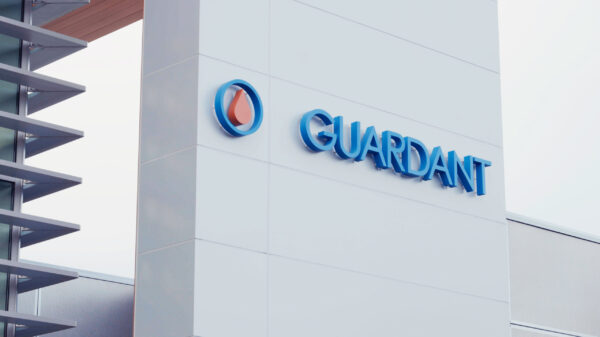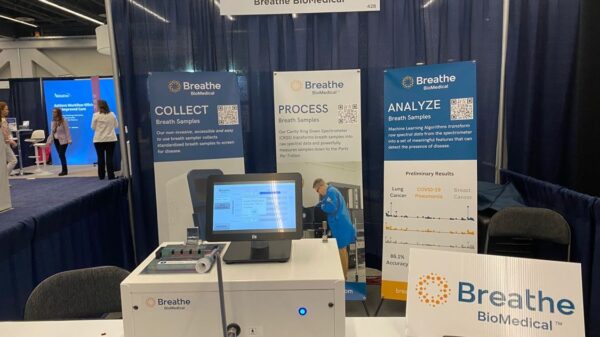Microsoft Corp. (NASDAQ: MSFT) and United States based health-care provider Mercy are joining forces using generative AI to help healthcare professionals improve patient experience.
The two companies announced their collaboration on Wednesday by stating they were intending to improve patient care quality through the use of Microsoft Azure OpenAI Service.
The partnership aims to provide patients with a deeper understanding of their lab results through the assistance of generative AI-driven communication. This will empower patients to engage in more informed discussions with their healthcare providers and obtain answers in clear, conversational language.
Additionally, Mercy intends to integrate generative AI into their patient call handling process, particularly for tasks like appointment scheduling. The AI solution will not only handle the initial call but will also offer recommendations for additional follow-up actions.
Mercy also plans to introduce a chatbot designed to assist co-workers in locating essential information related to Mercy’s policies, procedures and HR-related matters like benefits and leave requirements. The chatbot will enable nurses and other staff members to devote more of their valuable time to delivering exceptional patient care by making it easier for healthcare professionals to find this information.
“With the latest advances in generative AI, this moment marks a true phase change where emerging capabilities can help health care organizations address some of their most pressing challenges, create needed efficiency and transform care,” said Peter Lee, corporate vice president of research and incubations at Microsoft.
Read more: Amazon and Anthropic partner to add AI to Amazon Web Services
Read more: Infosys and NVIDIA expand partnership to build generative AI for businesses
Microsoft’s workplace solutions boost productivity and communication
Medicine and AI have formed a symbiotic partnership, with AI technologies enhancing diagnostics, treatment planning, and patient care. AI’s ability to analyze vast datasets and provide actionable insights is revolutionizing healthcare, promising more accurate diagnoses and personalized treatment strategies.
The Microsoft Cloud plays a role in enhancing efficiency, facilitating data connectivity and governance, influencing both patient and co-worker experiences, expanding outreach to underserved communities, and establishing a robust foundation for ongoing innovation.
Through the secure centralization and organization of data within an AI-powered intelligent data platform built on Azure, Mercy gains an advantage in swiftly meeting the evolving expectations of clinicians and patients.
A prime example is Mercy’s ability to harness secure data insights to reduce unnecessary patient hospital stays. This is achieved by equipping care teams with intelligent dashboards that provide enhanced visibility into the factors affecting the speed at which patients can return home.
Microsoft’s modern workplace solutions empower Mercy’s co-workers to boost productivity and streamline communication. This, in turn, allows them to allocate more of their time to the noble task of enhancing patient care and overall experiences.
“Because of all the investments we have made together with Microsoft in the past few years, including the use of Microsoft’s secure cloud, we are better positioned to perform real-time clinical decision-making that ultimately improves patient care,” said Joe Kelly, Mercy’s executive vice president of transformation and business development officer.
Recently, Mercy’s engineering teams and senior leaders collaborated closely with Microsoft’s leaders, engineers, and industry experts in an innovative hackathon. This collaborative effort was aimed at jointly envisioning and initiating the co-innovation process for the generative AI use cases currently in development.
Microsoft and Mercy are also partnering to feature Mercy’s solutions at the Microsoft Technology Center in Chicago, scheduled for 2024. This showcase will serve as a platform to spotlight groundbreaking clinical experiences and provide a glimpse into the potential future of healthcare, all achieved through the application of Microsoft technology.
Microsoft shares dipped by 0.1 per cent to $311.96 on Wednesday on the NASDAQ exchange.
joseph@mugglehead.com














